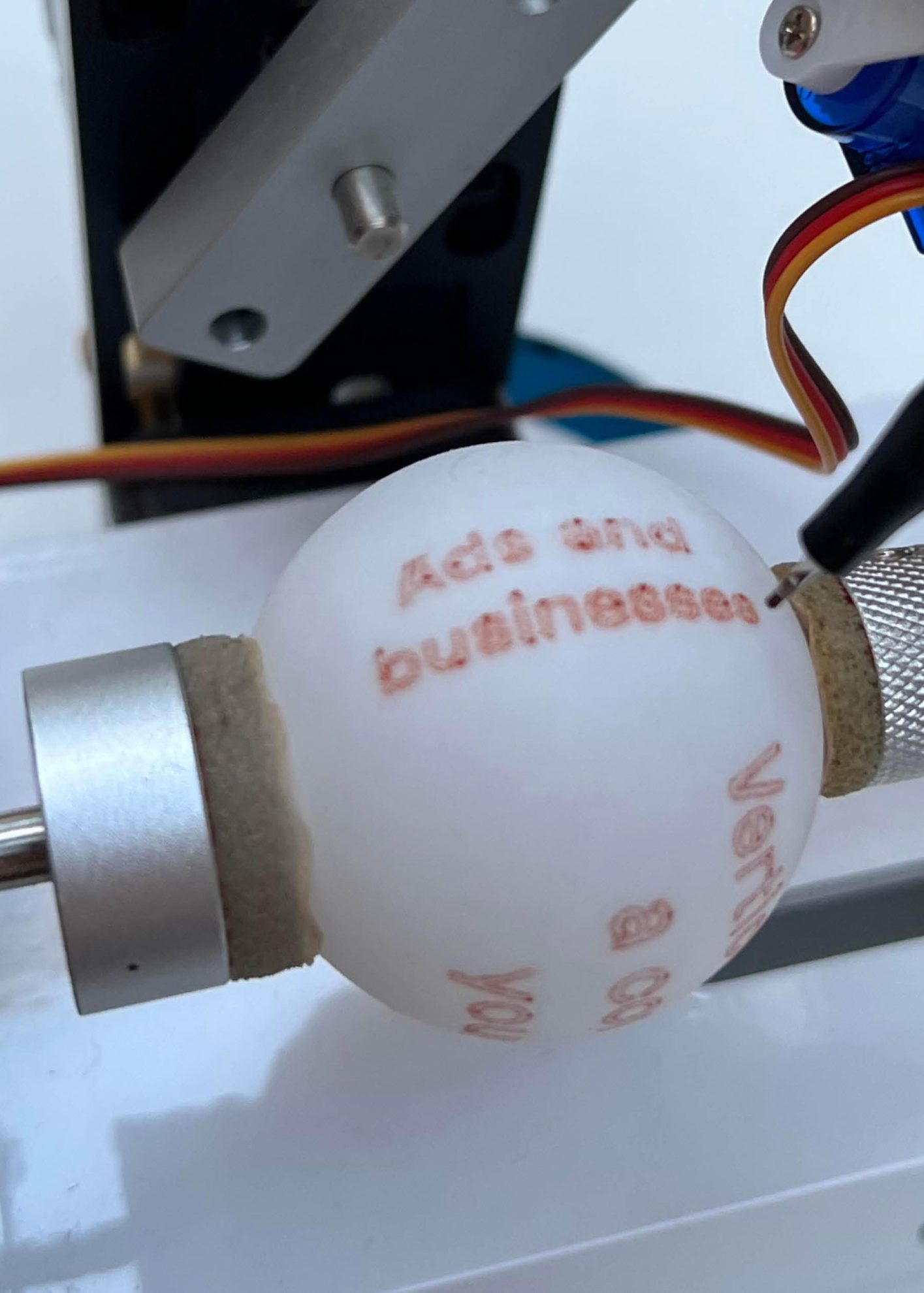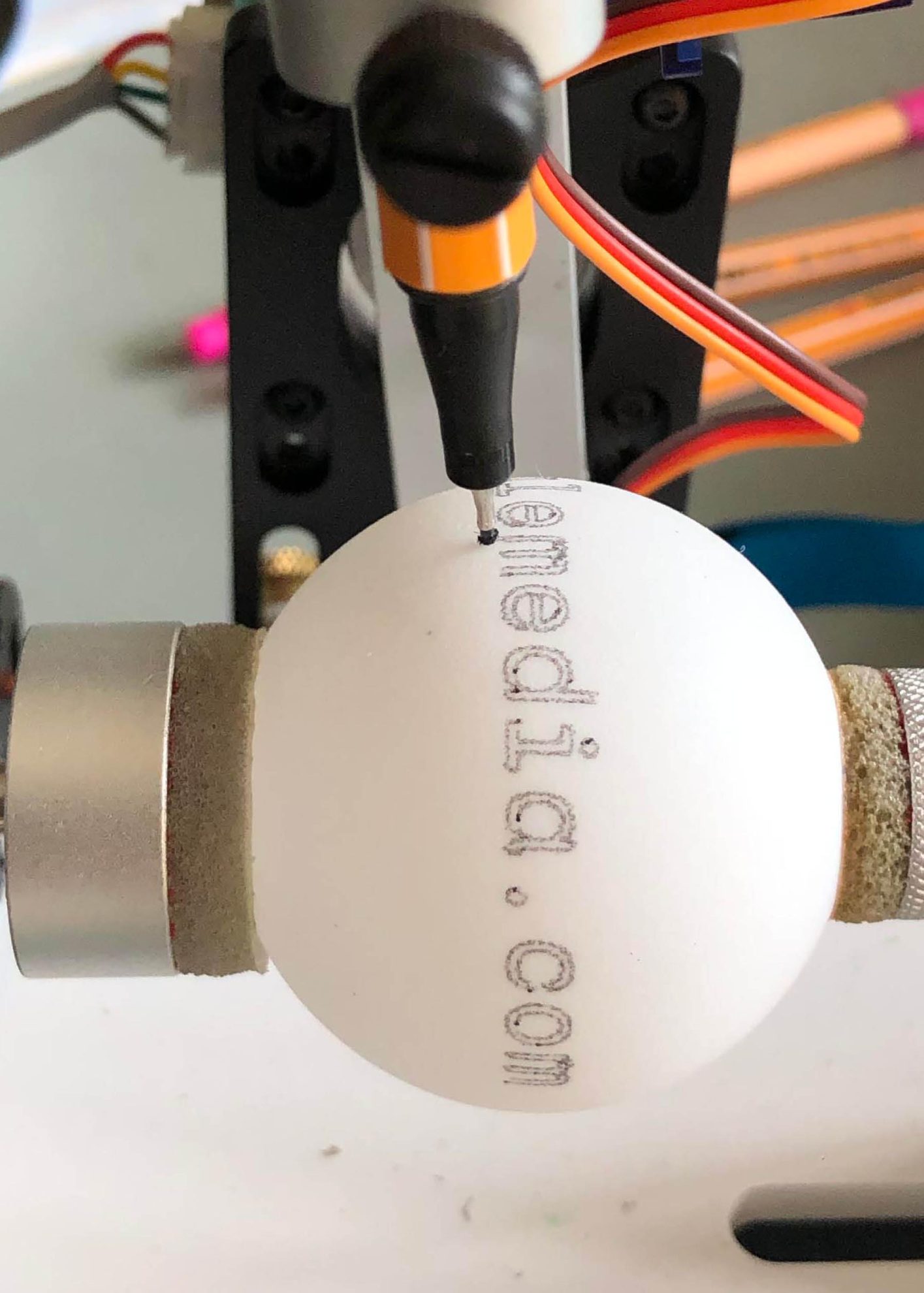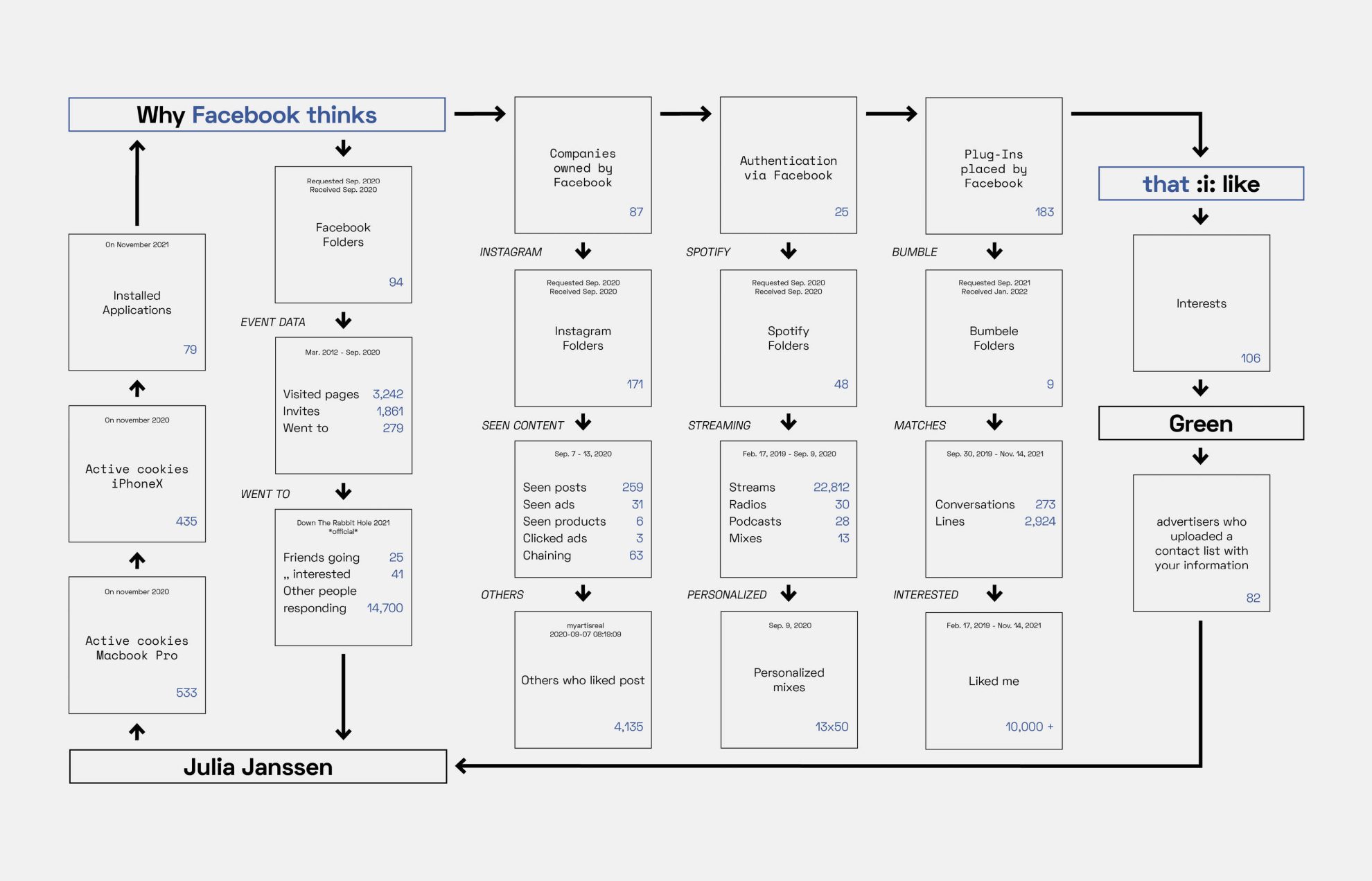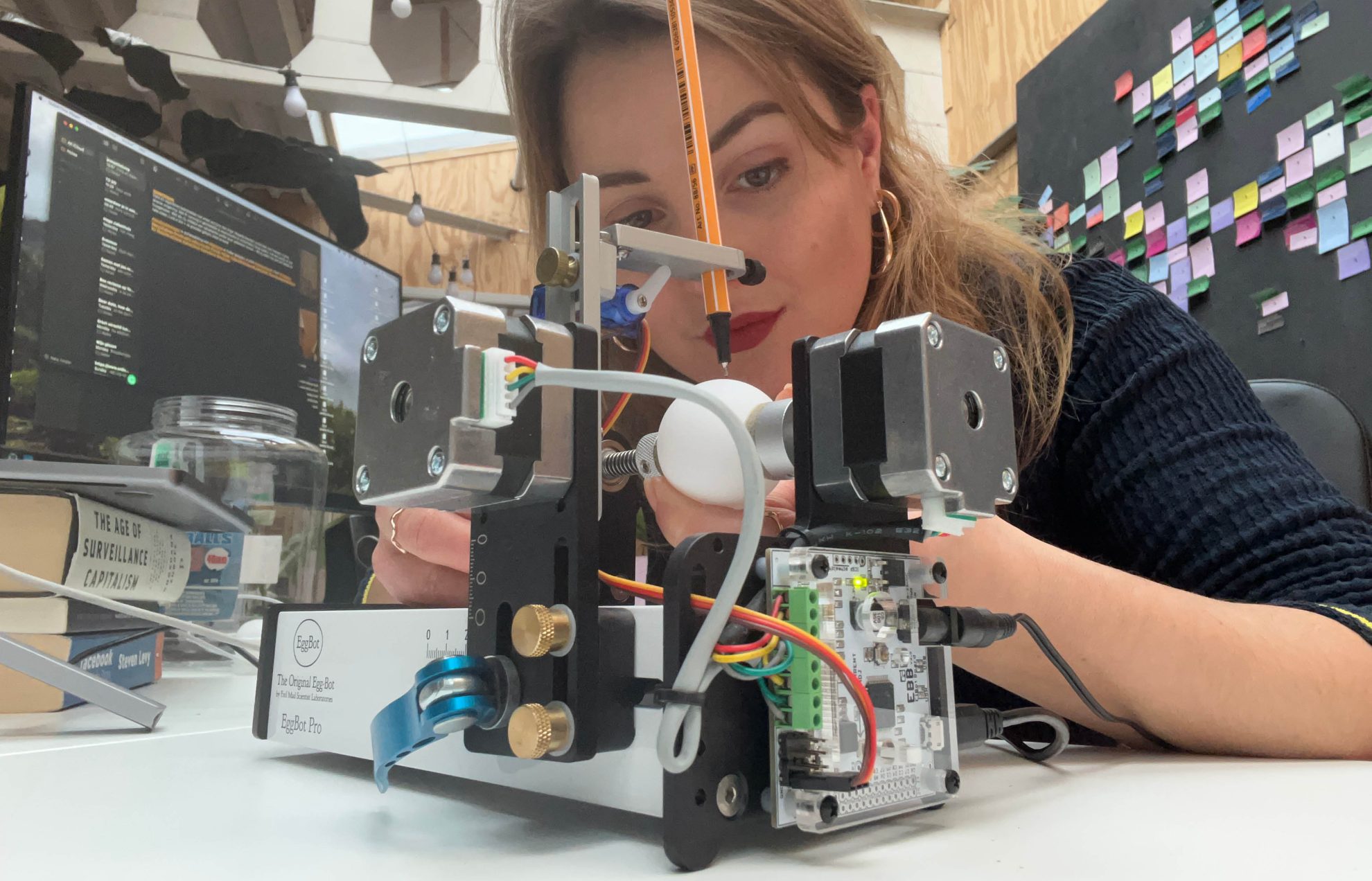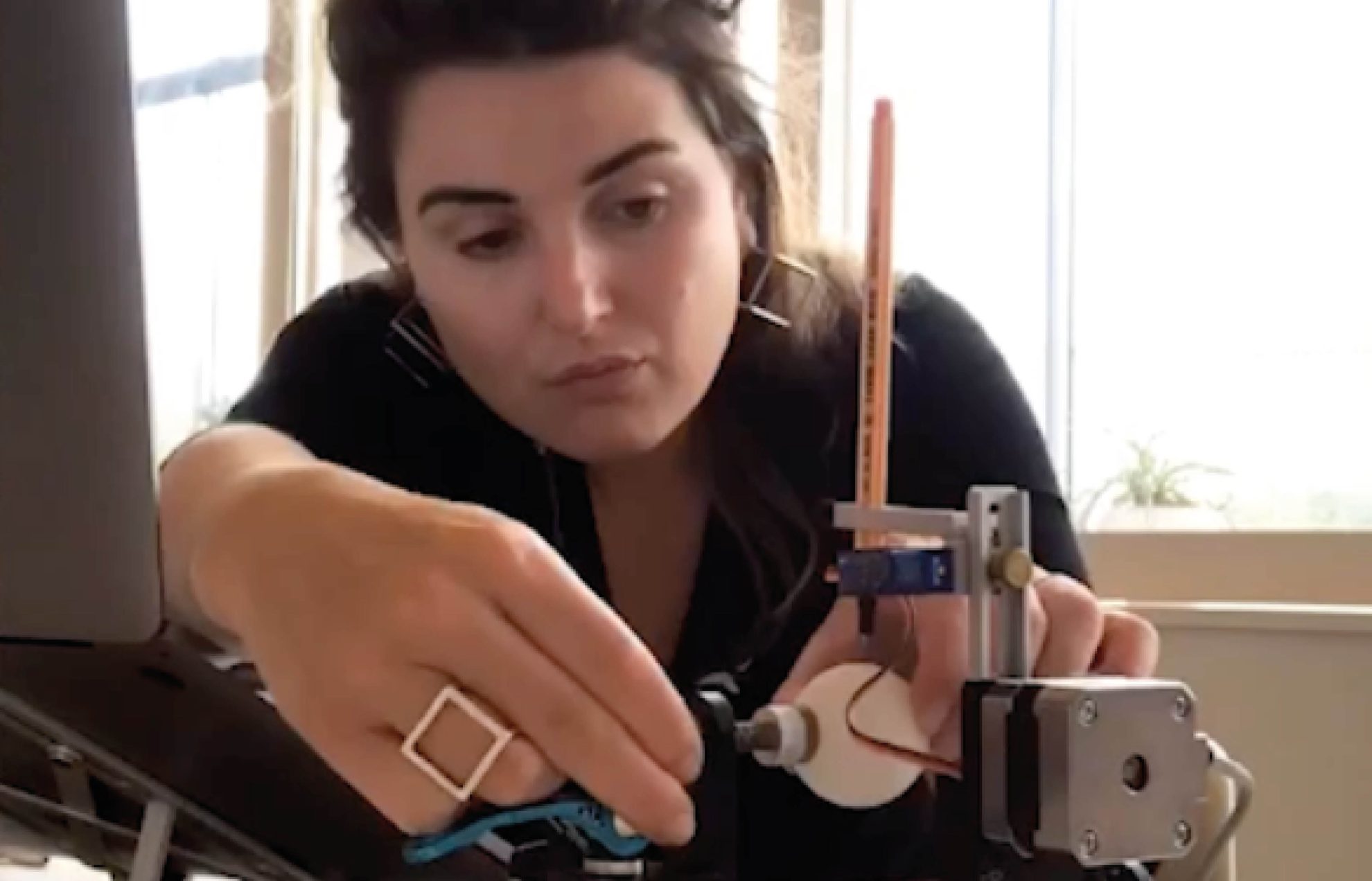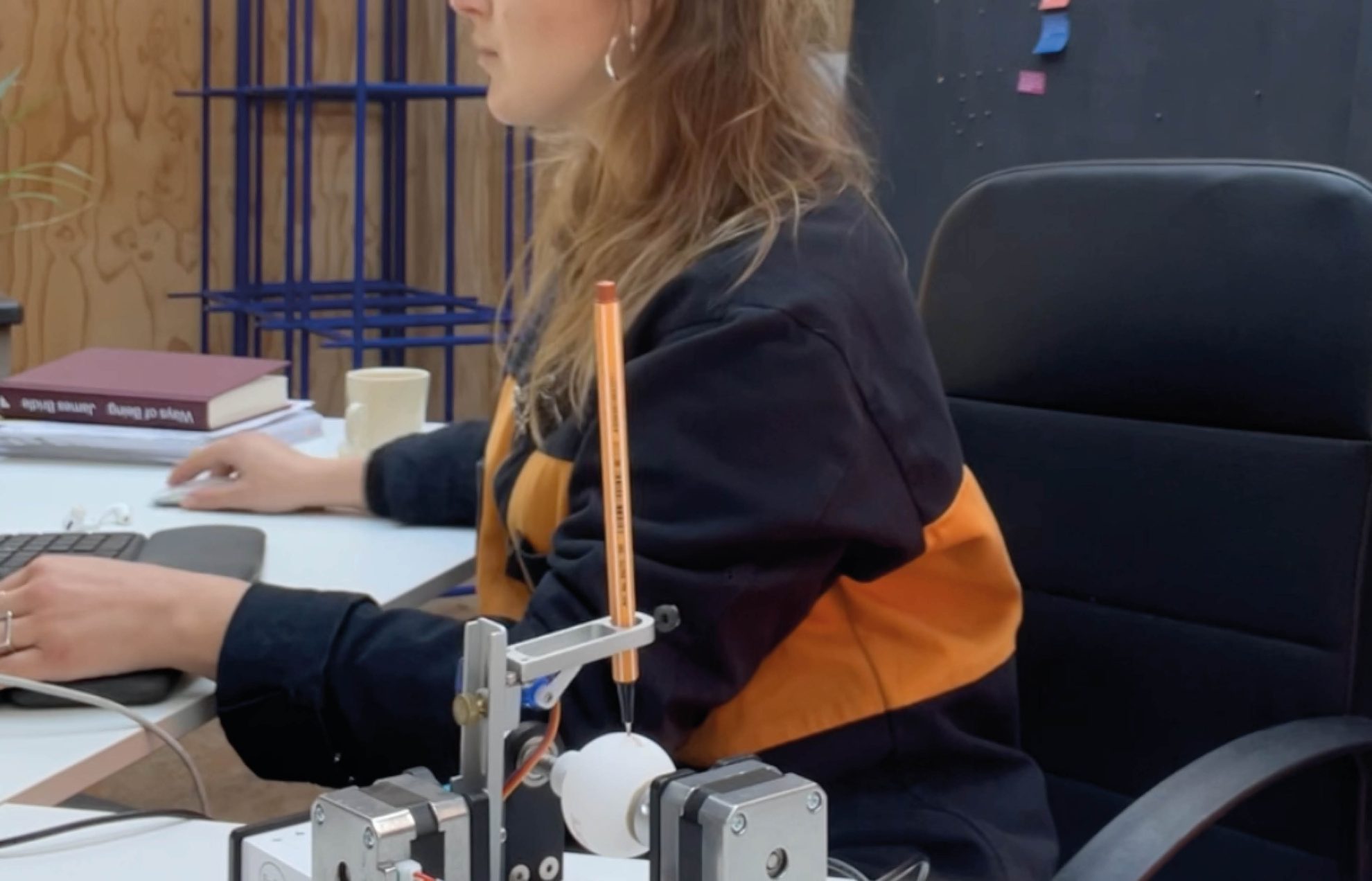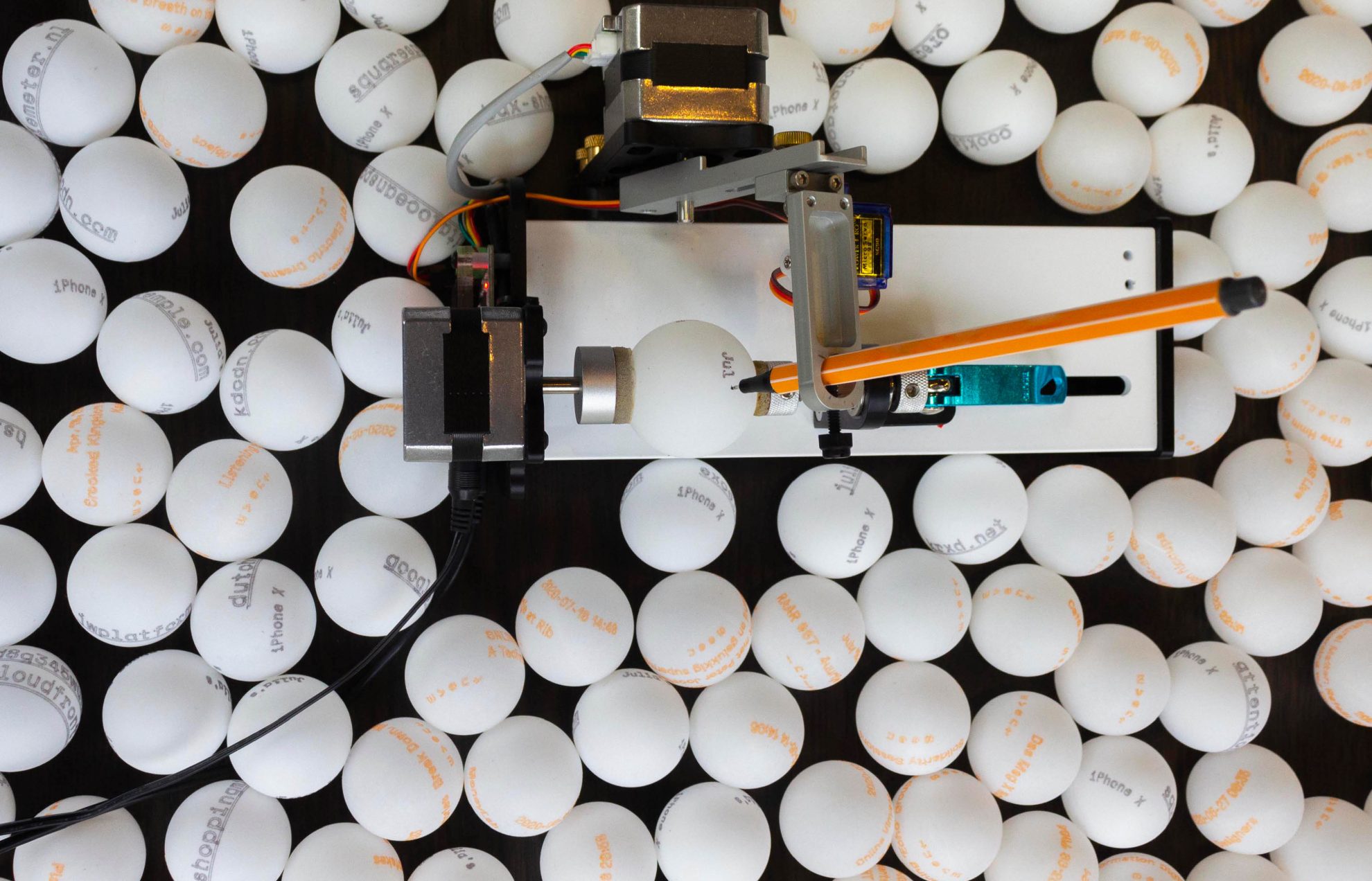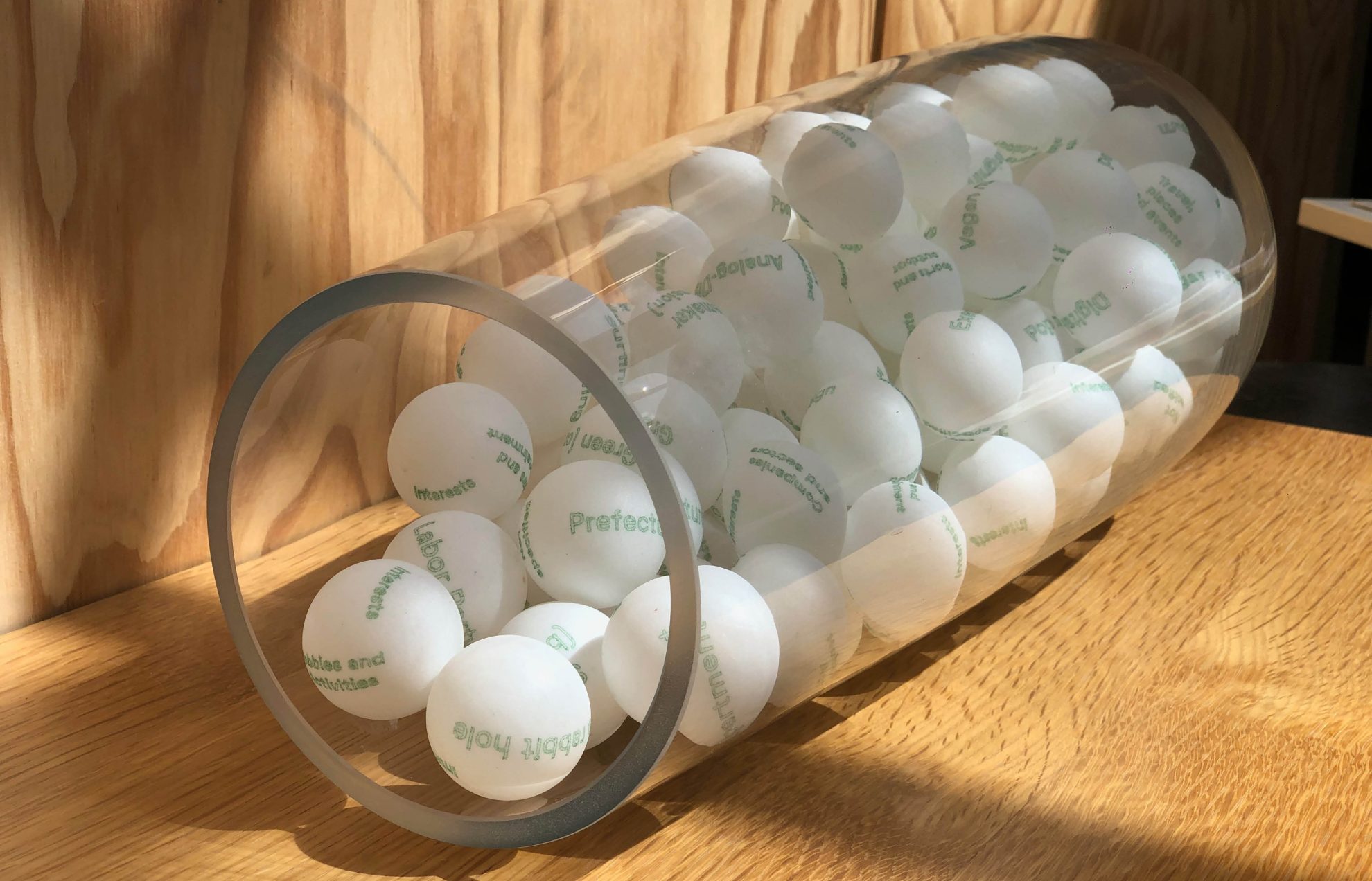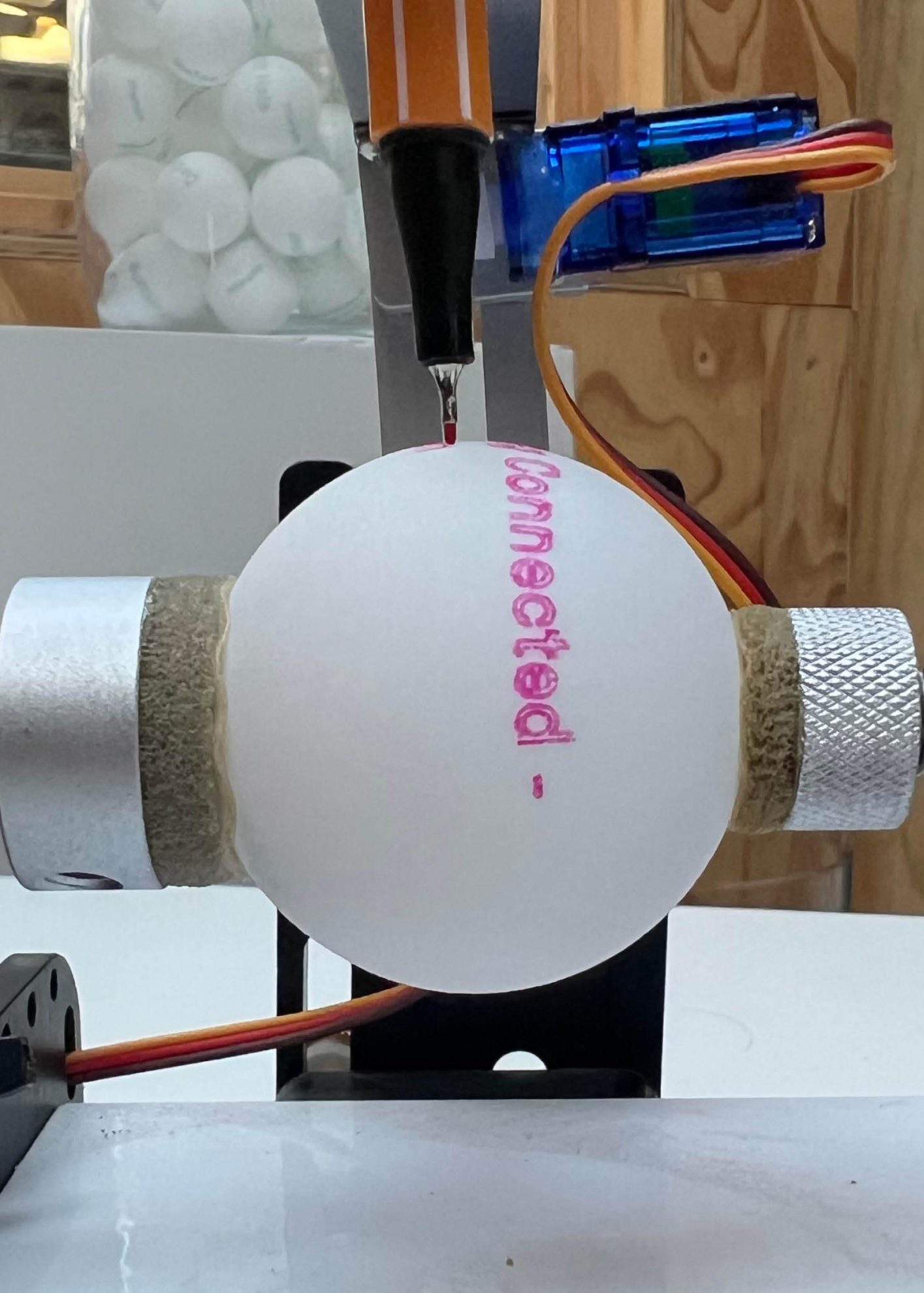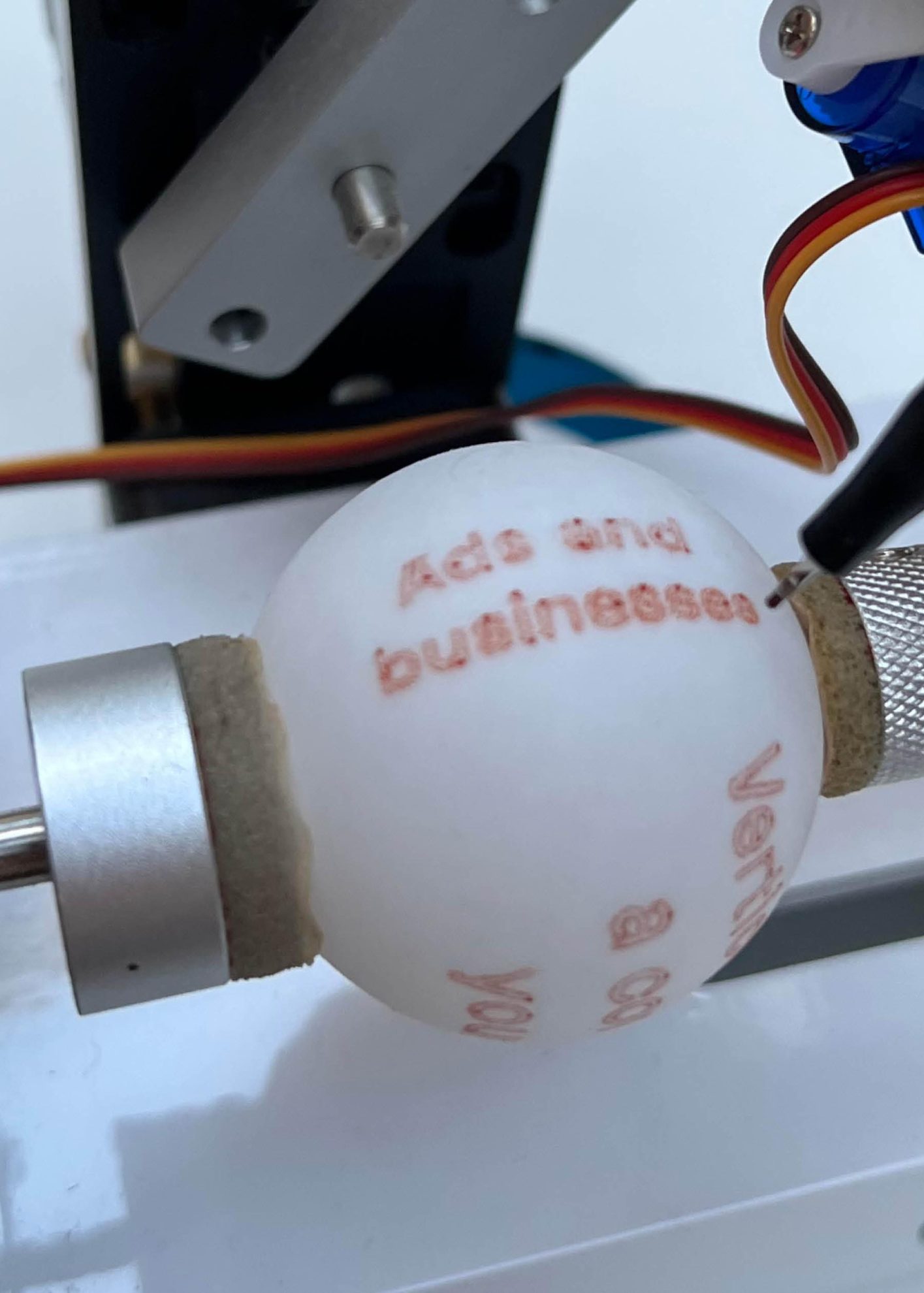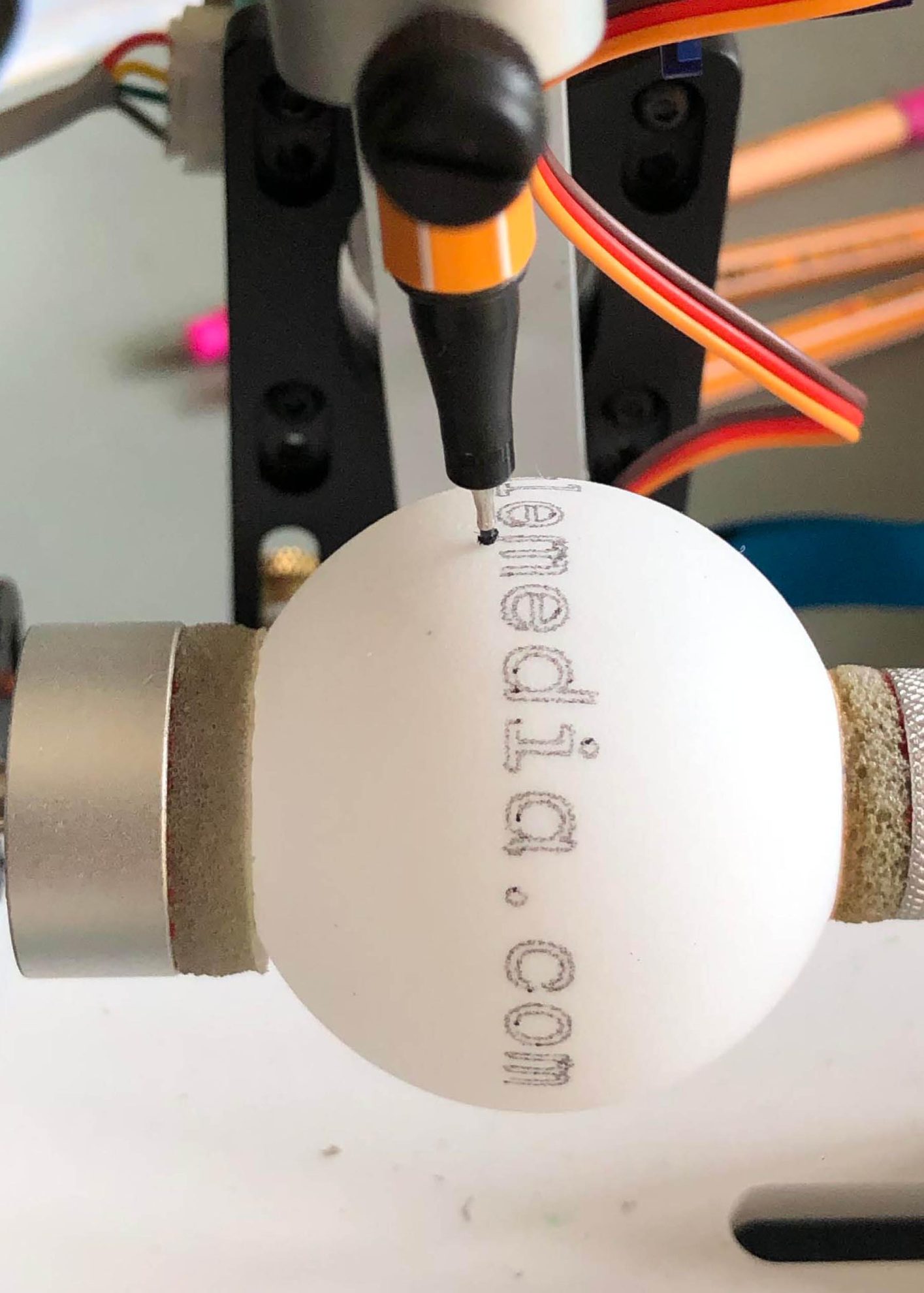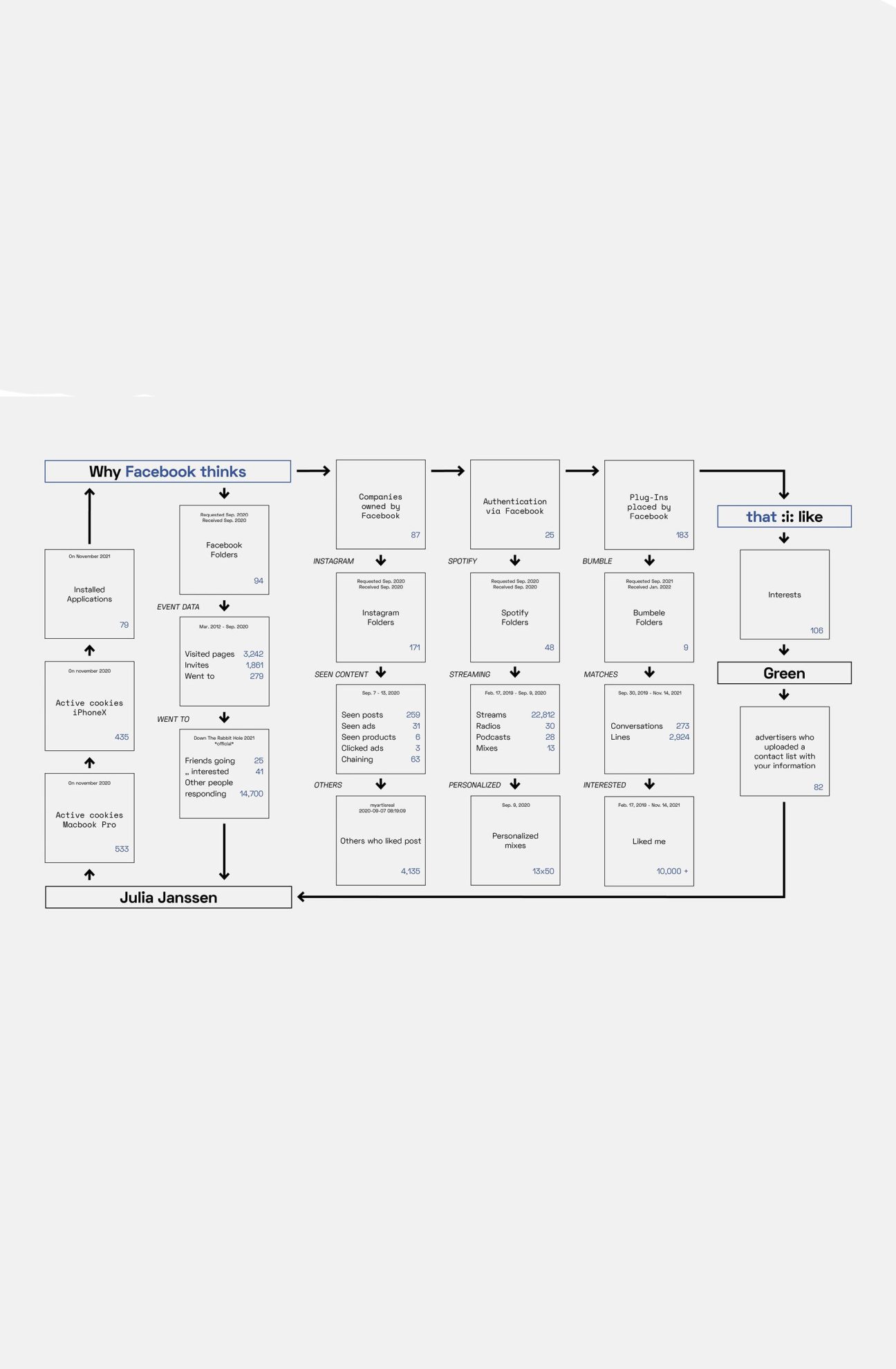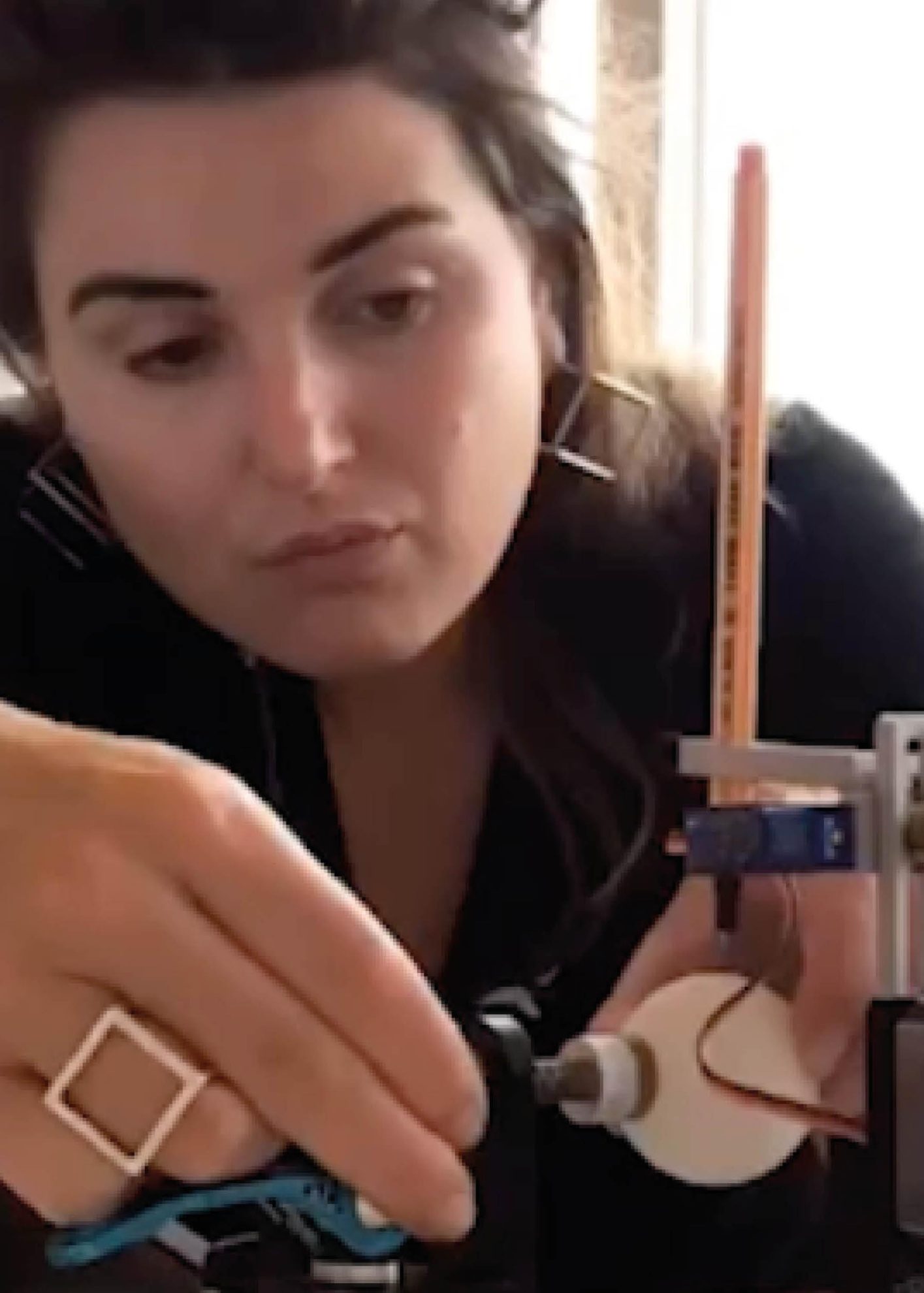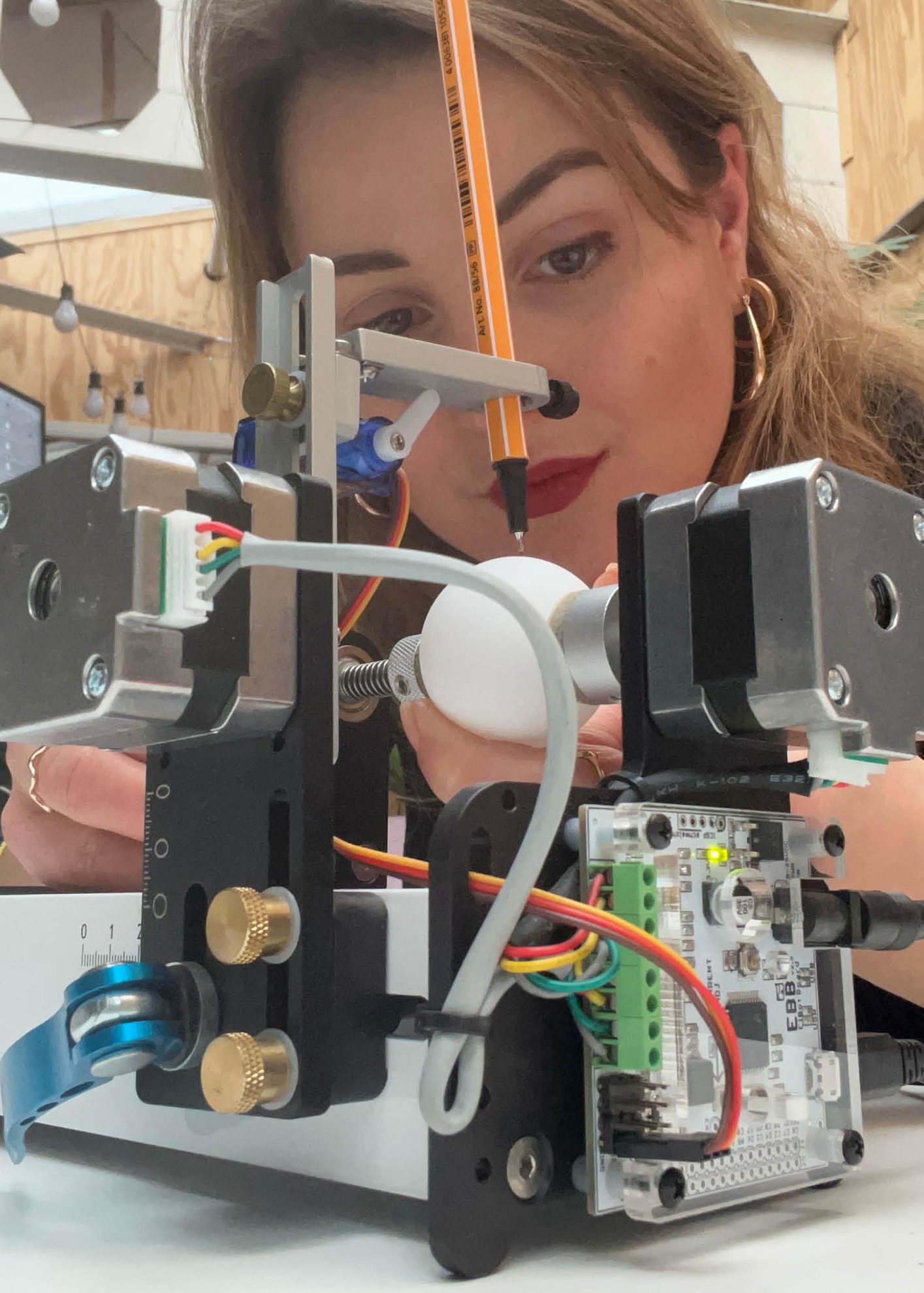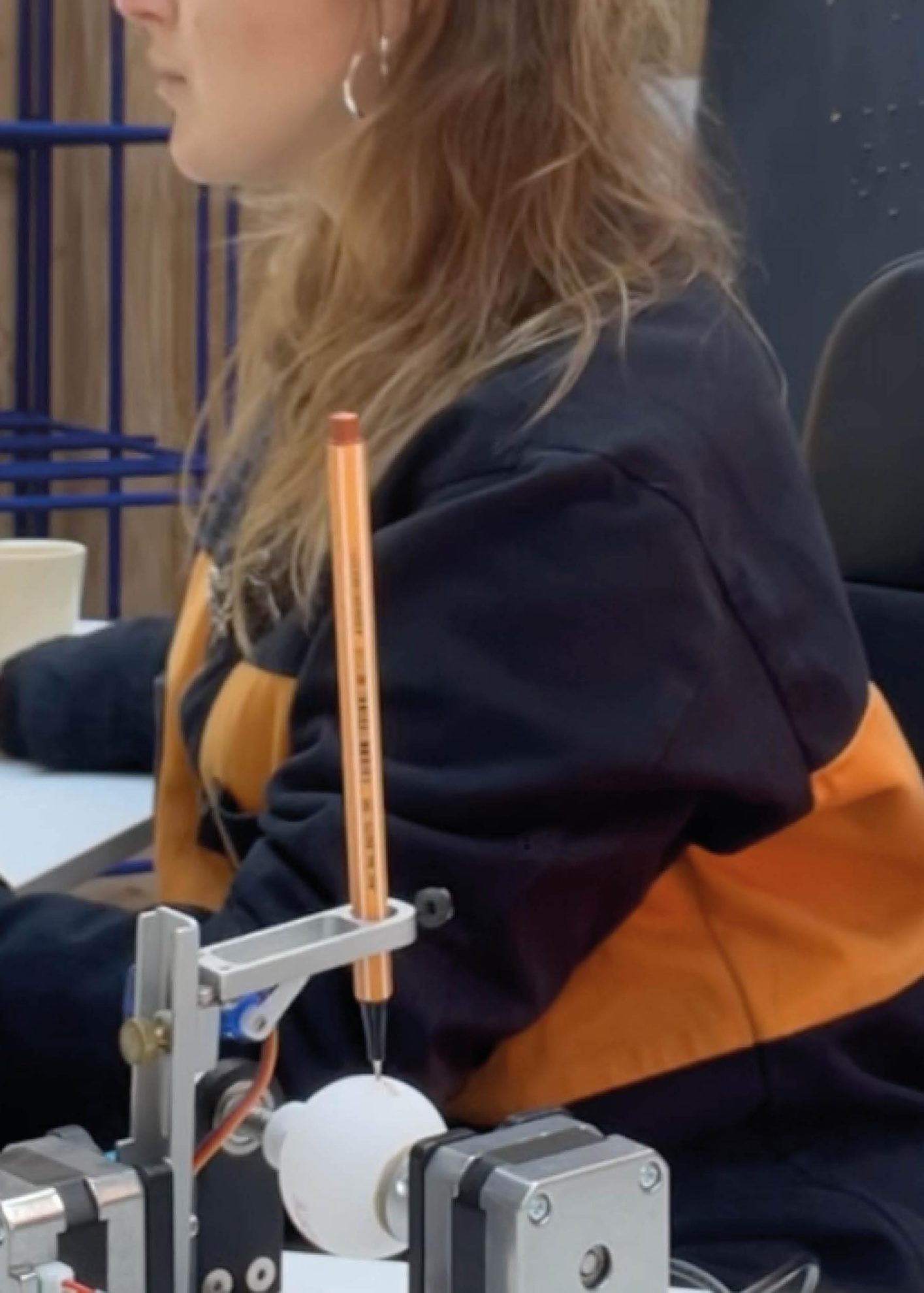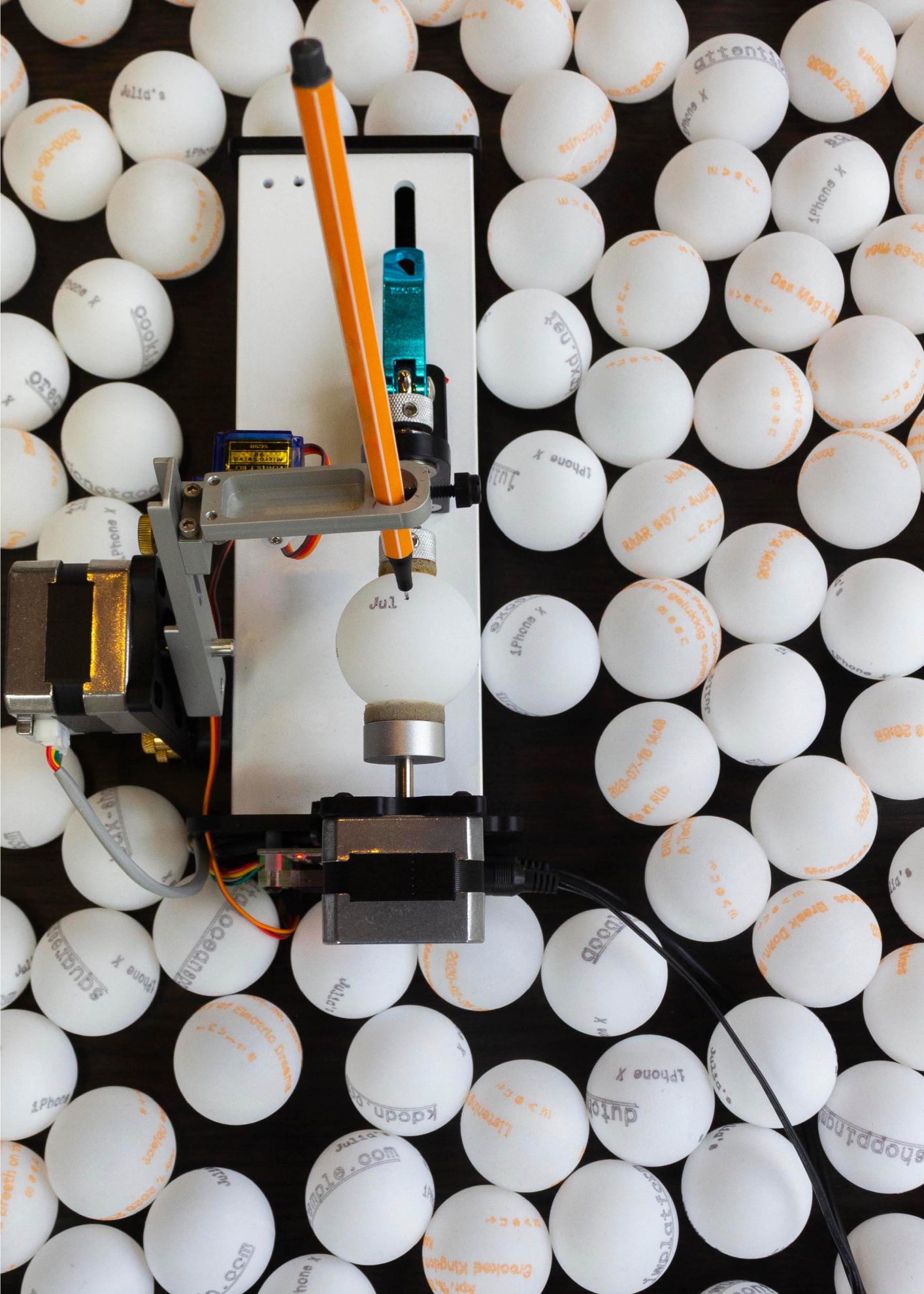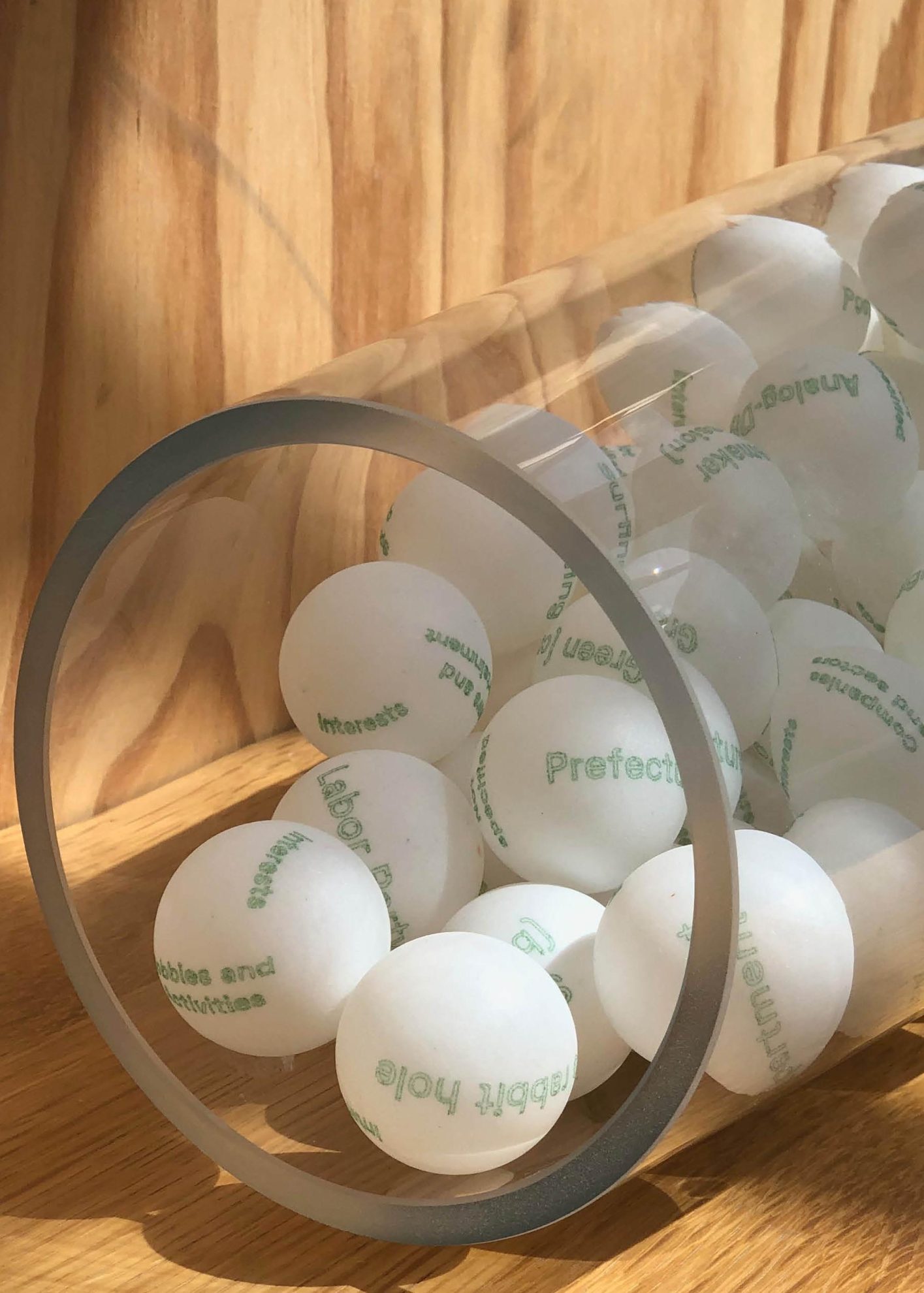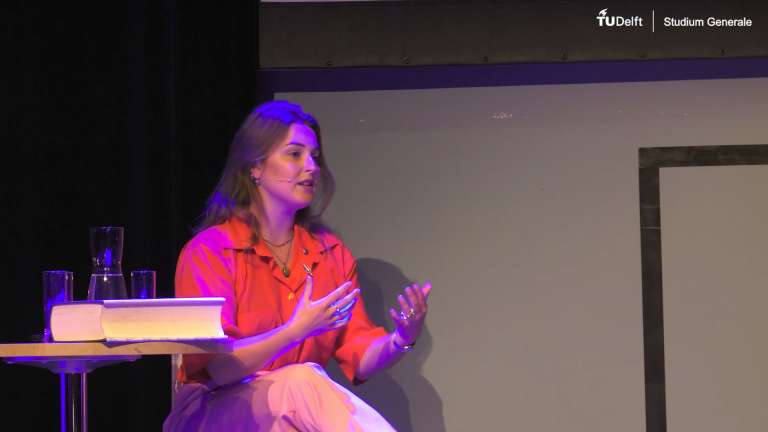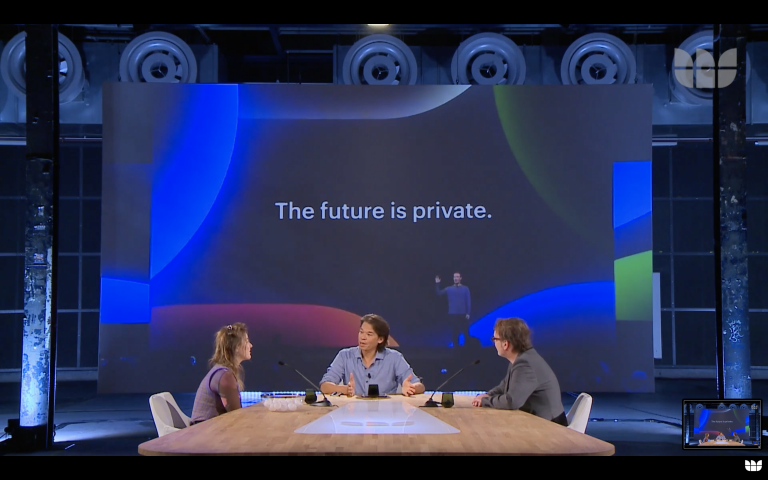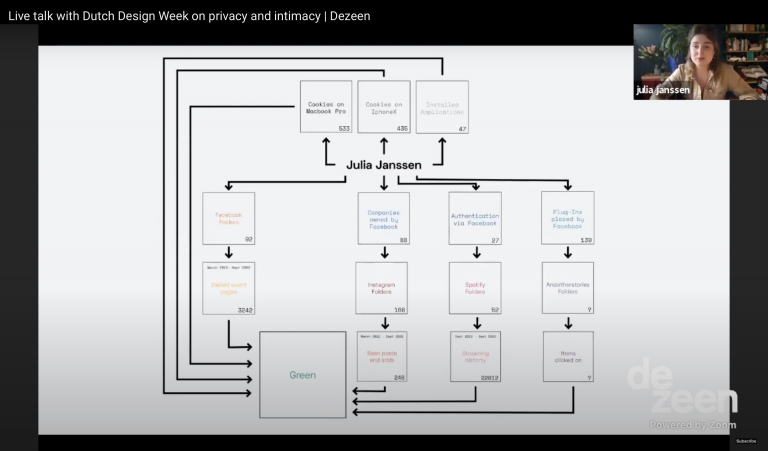Why :i:like green
2020
Why :i:like green questions profiling algorithms, digital identity and surveillance capitalism
Searching for data that Meta used to profile Julia Janssen in liking ‘Sportswear,’ ‘Prefectures of Japan,’ ‘The American Mathematical Society,’ ‘Walter,’ ‘Vegan nutrition,’ ‘Freight transport,’ ‘Green,’ – and 114 other things.
In our physical world, we understand identity. We know when to behave like a friend or lover, professional or student, a parent or child etc. Intuitively we change roles all the time. In a digital domain, we can’t secure our identity that way: while we carefully curate our social media– and dating profiles and think we choose what to share, conversely, we are captured in predictive and risk profiles. Summarized in data and based on algorithms, preserved by companies and institutions: profiling. But why aren’t we in control of our digital identity? And what would be worse if they profiled you wrongly or knew you better than you know yourself?
For this project, Janssen visualed Meta’s ad universe: This company collects not merely data from her Facebook usage but also from her cookies and apps, the Facebook family (Instagram, Whatsapp, the platforms where she logs in with her Facebook account (Spotify, Marktplaats) and pixels they place on various apps and websites (Bumble, ticket swap).
Janssen printed almost 4000 pieces of her own personal and behavioral data on ping pong balls. To show the intimacy of these data and to make this massive data collection infrastructure tangible.


